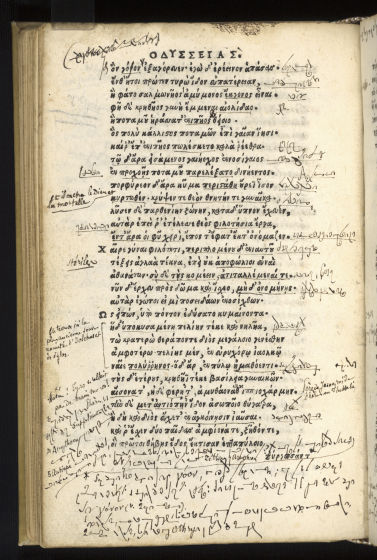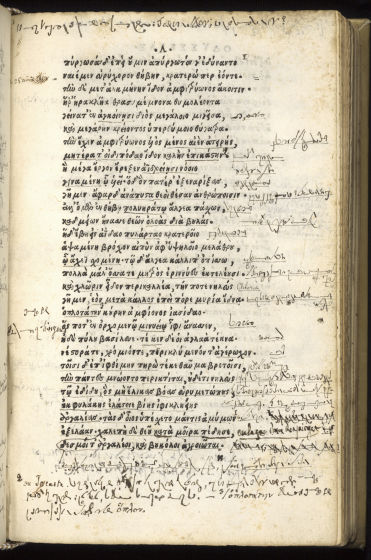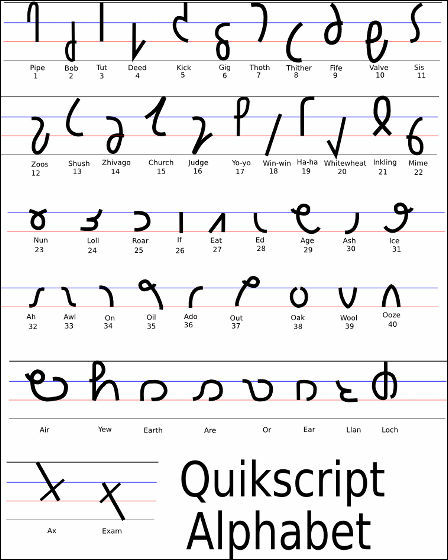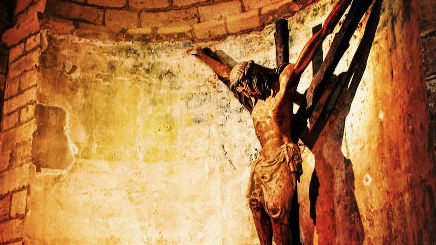A bounty will be given to the mysterious cryptanalysis written in the book 'Odyssey' over 500 years ago.

The earliest work of Western literature, '
Identify mystery text, win $ 1000
http://www.lib.uchicago.edu/e/identify-mystery-text-win-1000/index.html
The mysterious code found in the 1504 version of Odyssey at the University of Chicago was handwritten next to the text, like a commentary. There are only 2 pages out of a total of 612 pages that contain encryption.
The image below is the actual page containing the code in question. You can see that characters that are indistinguishable from any word are written on both sides and the bottom of the text.

The person who donated the 1504 version of Odyssey to the library in Chicago was Mr. MC Lang, who said that the code had already been written when the book was obtained. Mr. Lang predicts that 'the mysterious code is a French

On

by Paul Tremblay
The University of Chicago Library announced on April 28 that it will no longer accept cryptanalysis. The closing of the reception means that someone who has broken the code has appeared, and the University of Chicago Library says that 'the results will be announced soon.'
There are many codes in the world, such as ' Phaistos Disc ' created around 1600 BC and ' Cicada 3301 ' on the Internet, and many of them are still unsolved . .. The University of Chicago is waiting for the announcement of how the 1504 Odyssey code will be resolved.
Related Posts:
in Note, Posted by darkhorse_log







